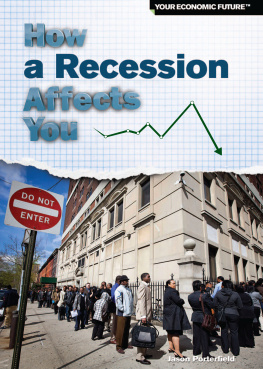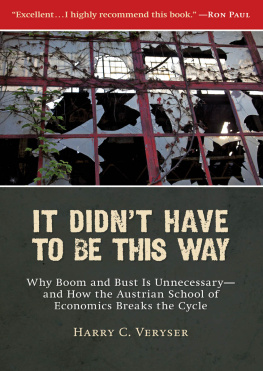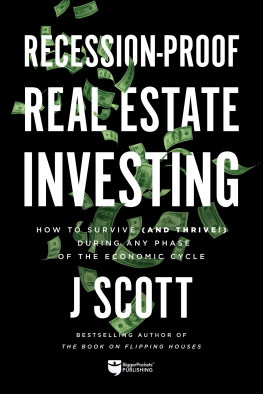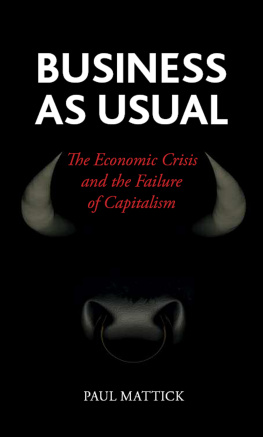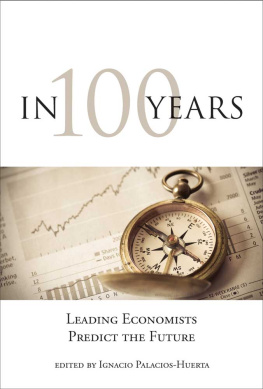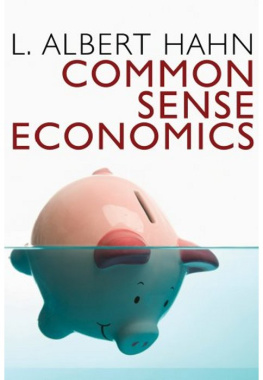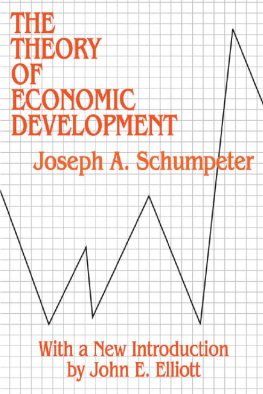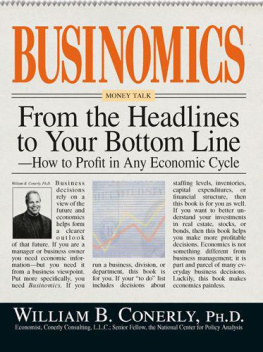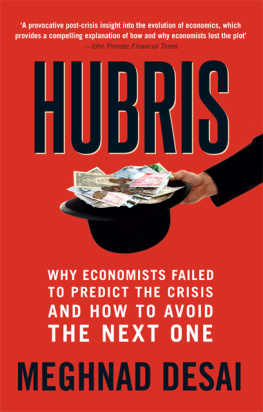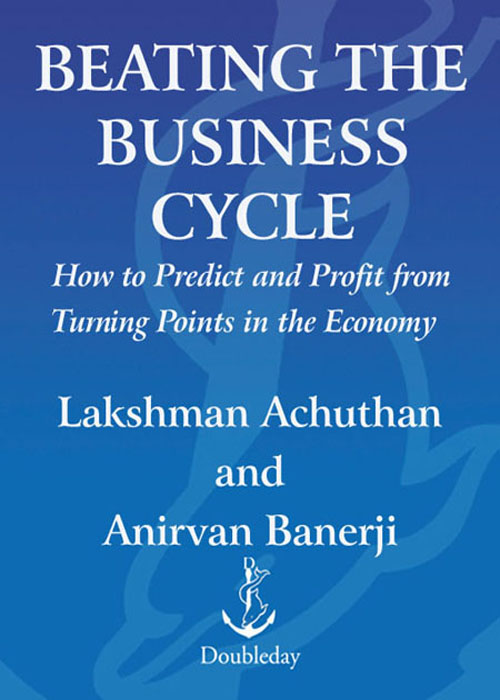
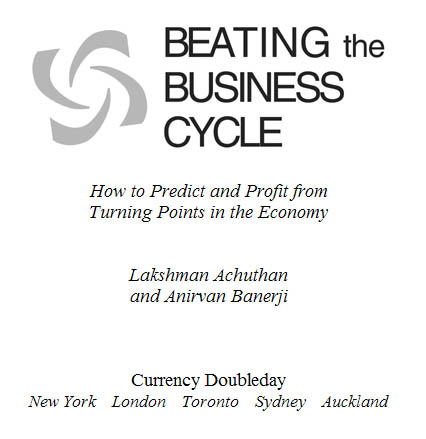
CONTENTS
PART ONE
The Cyclical Worldview
PART TWO
Leading Indicators 101
PART THREE
The Economic Dashboard
Appendix B: Business Cycle Peak and Trough Dates,
20 Countries, 19482001
To the memory of Geoffrey H. Moore
ACKNOWLEDGMENTS
We are deeply indebted to our families for their affection and support during the many long evenings and weekends we spent writing this bookespecially our wives, Tracy White and Aloka Banerji. They, along with Shelby White and Arup Banerji, helped us speak much more clearly than we would have on our own. We will always be grateful for the unwavering confidence and constant encouragement of our parents, Joy Mayfield, M. Radh Achuthan, Meena Banerji, and Amitav Banerji, in this, as in other endeavors. We miss Leon Levy, father-in-law and friend, whose encouragement and insights into human behavior were always offered with playful wit.
We could not have written this book without the help of our friends and colleagues at ECRI, particularly Philip Klein, Lorene Hiris, Allan Layton, Pami Dua, Jean Maltz, Dimitra Visviki, Mi-Suk Ha, Hui-Chun Jan, Eleni Constaninou, Julienne Kim, and Deepika Gupta, who helped create most of the fine charts that are critical to the story we tell. We will never forget Jack Cullity, whose research collaboration and friendship we miss dearly.
Our friend Victor Neary first persuaded us to write this book, and introduced us to Al Lowman, whose vision took us straight to Doubleday. The fine people who work there deserve much credit for this bookparticularly our editor, Roger Scholl, and his colleague, Sarah Rainone, who worked tirelessly to help us prepare it for publication.
In addition, we are thankful to Keith Hollihan for his invaluable help in shaping the structure of our writing as we moved from an idea to words on paper.
Melita Moore has always offered us sound advice, and much of that is reflected in our writing. We are also in debt to Chuck Brunie and Peter Darling for their sage counsel and insightful comments on the book.
Finally, we are obliged to the many people we have met in the course of our working lives, for the conversations, questions, and shared insights that have both motivated and shaped this book.
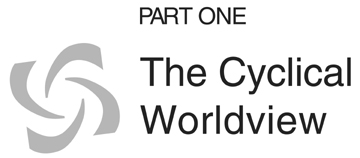
The Resurrection of Risk
I n the Road Runner cartoon the joke is always the same. Wile E. Coyote chases the Road Runner, misses a sharp turn, and runs right over the edge of the cliff. He looks down and, realizing too late that he is in midair, plunges into the chasm below.
This may seem uncomfortably familiar to those who found themselves carried away by the excitement of the 1990s economic boom. Too late they realized that profits, jobs, or stock prices were already in a free fall. But, unlike the cartoon, it was not funny. A shift from boom to bust, from economic expansion to recession, like the one we experienced in 2001, can be painful, even tragic, for those blindsided by the downturn. That is why it is so critical to be forewarned of turning points in the economy.
Is that even possible? Many would say no. It is true that economic forecasters rarely get recession calls right. In fact, as a recent study concluded, The [worldwide] record of failure to predict recessions is virtually unblemished.
But we are here to tell you a different story. It really is possible to predict recessions. And we will show you how, so that you will no longer be at the mercy of economic cycles. Whether you are an employee or a student, a business manager or a policy maker, you can learn to navigate the economy's ups and downs.
We will describe a cyclical framework for viewing the economy that relies on an array of objective indicators that, if used properly, warn of turning points before they happen. We will also tell you why many of the commonly followed economic indicators can be misleading. You'll discover you don't need a Ph.D. in economics or even a full-time focus on the economy to use our techniques.
But if recessions have historically been so hard to predict, why should you listen to us? Because we have accurately predicted recessions and recoveries when others have failed.
We were able to do this not because we are smarter than other forecasters, or because we have some secret formula, but because at the Economic Cycle Research Institute (ECRI) an eighty-year tradition of business cycle research gives us a unique vantage point. By standing on the shoulders of the giants of business cycle research who pioneered our approach, we have, over time, designed objective tools that accurately predict turning points in the economy. In Beating the Business Cycle, we share this information so that you, too, can create your own customized economic dashboard that will help steer your future financial decisions in the right direction before you find yourself plunging into the abyss.
Our research tradition was handed down to us by Geoffrey H. Moore, the legendary business cycle scholar whom The Wall Street Journal called the father of leading indicators. Moore was the protg of Wesley C. Mitchell and Arthur F. Burns, who, early in the twentieth century, pioneered modern business cycle research. Moore's career spanned six decades and focused on the development of practical tools to monitor and predict economic cycles. His approach stands in stark contrast to the views of a generation of economic researchers who shrugged their shoulders long ago, resigned to the belief that forecasting turns in the cycle was impossible and therefore irrelevant. Moore founded the independent Economic Cycle Research Institute to advance the tradition of cyclical research, as well as to refine its predictive tools and make those results available to as many people as possible.
We believe these tools are invaluable in helping you make decisions about your business and your personal life. Why? Because there are both opportunities and dangers linked to the ups and downs of the business cycle that you need to know. When will the next turning point in the economy arrive? How can you avoid getting hurt in a bust? When can you capitalize on the opportunities a boom will offer? This book will give you those answers. It will help you to reduce the risk of being blindsided by an economic downturn and allow you to take full advantage of the good times. So while most economic books are liable to put you to sleep, this book should help you to sleep better.
Wile E. Coyote, after scraping himself off the canyon floor, again gives chase, heedless of the dangers ahead, oblivious to any lessons he might learn. Because he is only a cartoon character, no matter how many times he gets splattered, he never really gets hurt. But life is not a cartoon. And if you are the one to take a nosedive when the economy makes an unexpected turn, the pain is real. It may not be so easy to peel yourself off the canyon floor.
A DIFFERENT PERSPECTIVE
The 2001 recession was the first time many of us experienced what it feels like to go from a boom to a bust. The fact is, with forewarning, the pain could have been considerably less. But the din of the late-1990s euphoria was simply too loud for most people to hear any voice not in harmony with the boom-market revelry.
Next page

